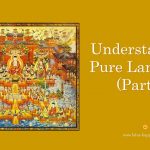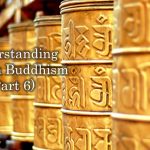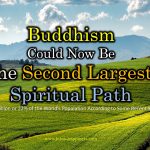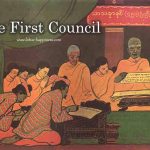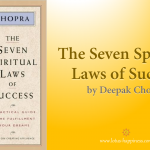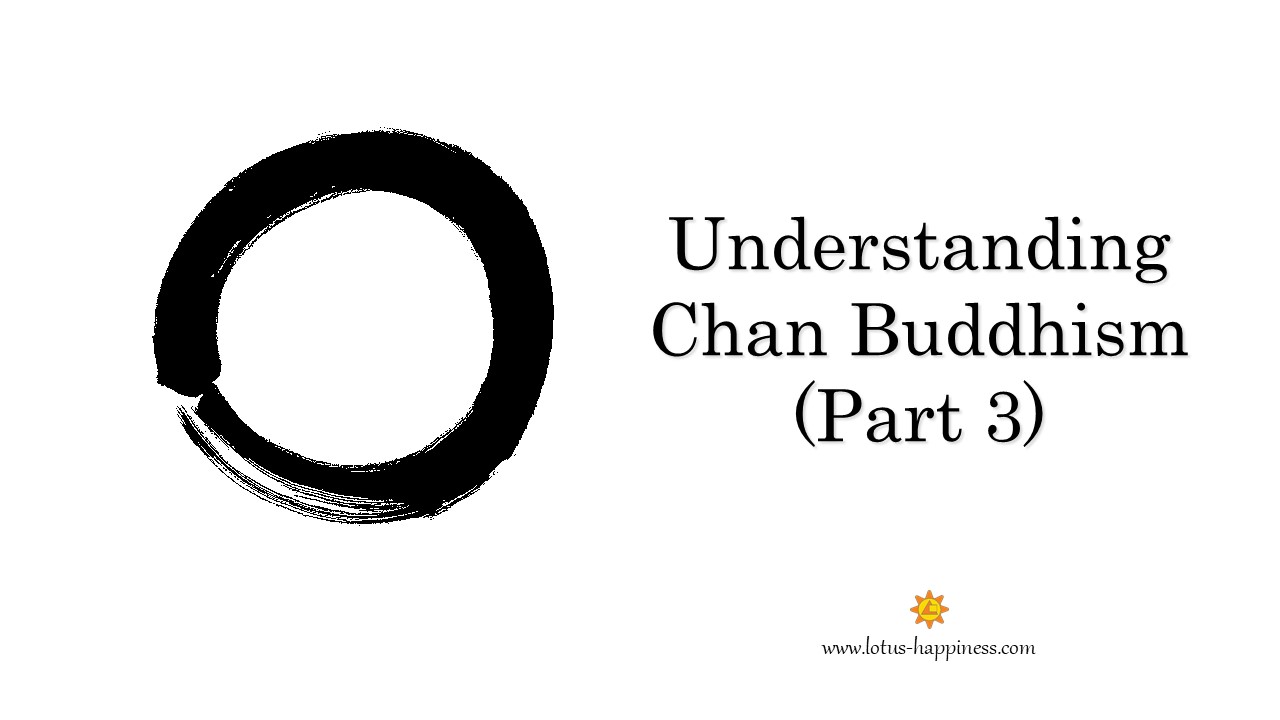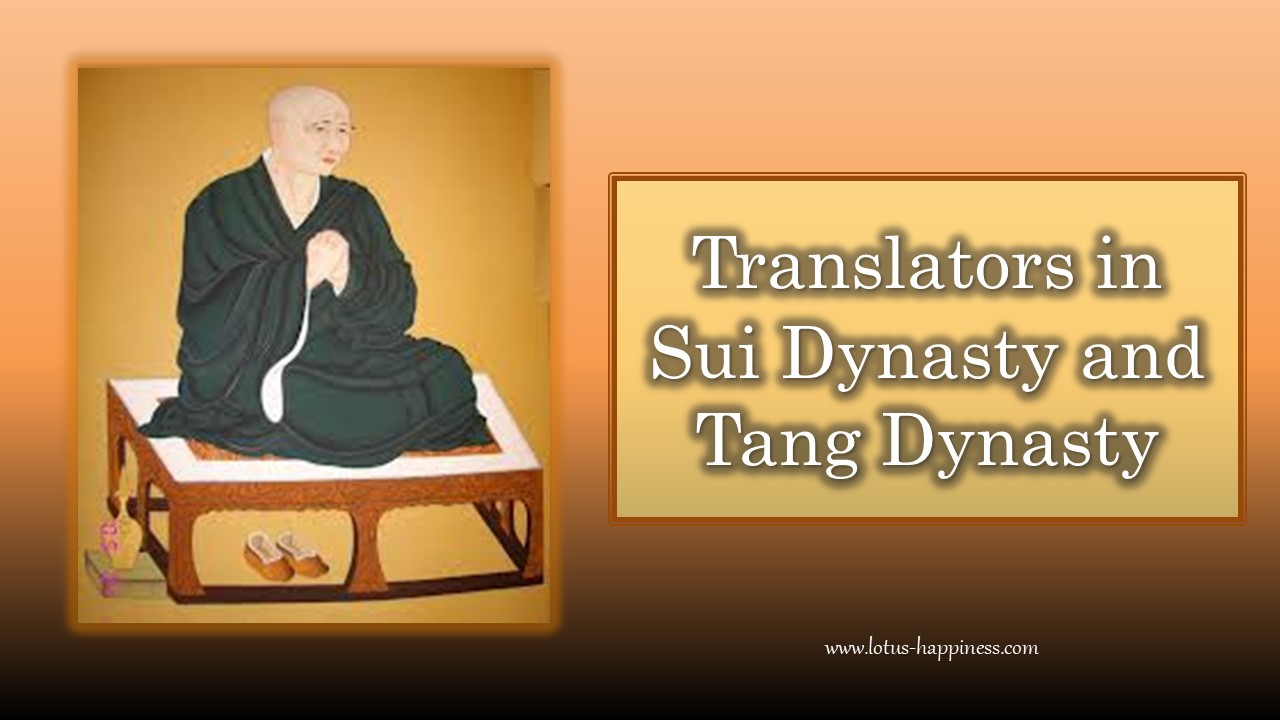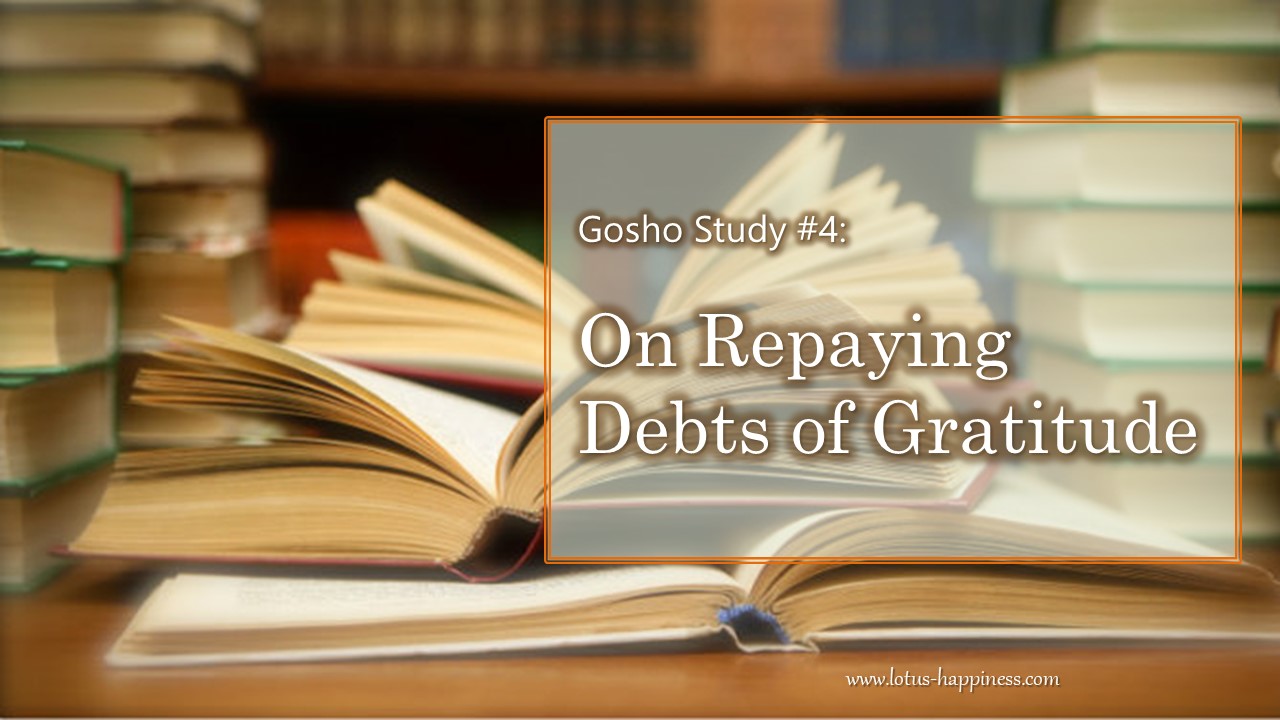
One day, while the Buddha was walking past the door of the monk’s quarters, he heard Ksudrapanthaka sobbing loudly. Near him, a circle of monks had gathered to laugh at him for being so foolish. The Buddha approached Ksudrapanthaka and asked him why he was crying.
“What has made you cry so hard?” he asked.
“Oh, Lord Buddha,” He said. “I am just a stupid person. I followed my brother into the monastic life, but I seem to be unable to remember anything I am taught. My brother has tried to teach me the Dharma many times, but I always forget what he tells me. Today he told me that since I have such a bad memory, I should leave the monastery and go back home. Oh, Lord Buddha! I don’t want to leave. Please help me!”
When he was finished speaking, the Buddha replied very softly, “Don’t worry about how much you know or don’t know. That’s not important. It is a form of wisdom to realize that one is ignorant, and it is a form of ignorance to believe one is wise. Come with me now.”
Following this exchange, the Buddha began spending extra time with Ksudrapanthaka. He began to teach him to repeat the phrase, “Sweep and clean, sweep and clean.”
Ksudrapanthaka, however, proved unable to remember even these simple words. When the other monks learned of this, they decided that Ksudrapanthaka was beyond all hope. The Buddha, however, having unending compassion, continued trying to teach him the phrase.
“Take this broom,” the Buddha said to him. “As you sweep the ground, say the words I have taught you over and over again.”
Ksudrapanthaka did as the Buddha told him, but the other monks were not happy with the way he wandered around with his broom all day mumbling to himself. They said he was disturbing them and told him to stop what he was doing.
With the added support of the other monks, Ksudrapanthaka was able to try even harder to learn the phrase Buddha had taught him. He worked at it day after day until he was able to say it without any help from anyone. Then, slowly, he began to really think about the words as he swept back and forth across the grounds of the monastery.
He thought to himself, “There are really two things that must be swept and cleaned. One of them is outside and the other is inside. The dirt and dust outside of us is easy to clean away, but the dust and dirt inside of us requires great wisdom to clean away. The dirt and dust inside us is nothing other than our suffering, our greed, our anger and our selfishness.”
Ksudrapanthaka continued sweeping and he continued thinking. And as he continued, his mind gradually started becoming brighter. Things he had been unable to understand before gradually became understandable to him. He thought, “All of the dust inside of human beings originally is caused by only one thing: desire. Only wisdom can overcome desire. If desire is not overcome, then the cycle of birth and death cannot be escaped and suffering can never end. Desire causes suffering and it causes karma, which keeps us lashed to the wheel of birth and death. As long as we are victims of our own desires, we can never be free.”
“As soon as we get rid ourselves of all desire, however, our minds will be pure. We will see the Truth and we will be free forever.”
As Ksudrapanthaka continued sweeping and thinking like that, he slowly managed to clean his mind of all its impurities. Gradually, he entered a state of complete equanimity wherein he had neither desire nor aversion, wherein he saw neither good nor bad, and wherein all his previous ignorance was entirely eradicated.Ksudrapanthaka became enlightened.
With his new understanding, he went joyfully to the Buddha and said, “Lord Buddha, I am liberated! I have swept and cleaned just as you told me, and by doing so I have swept away all the impurities in my mind!”
Buddha was full of joy to hear that Ksudrapanthaka had said, and from that day on Ksudrapanthaka became one of Buddha’s most respected disciples. Even still, Ksudrapanthaka did not change his usual routine. Every day after that he could still be seen slowly sweeping the grounds of the monastery as he chanted softly to himself, “Sweep and clean, sweep and clean.”
Source: Where is Your Buddha Nature? Stories to Instruct and Inspire (by Venerable Master Hsing Yun)

